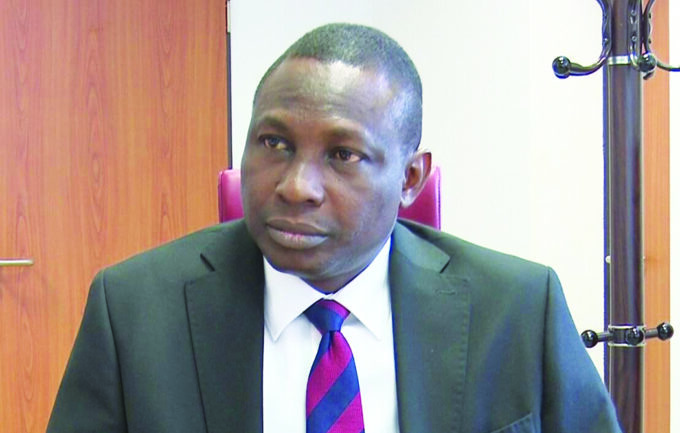
The Economic and Financial Crimes Commission says it has intensified efforts to trace and clamp down on cryptocurrency fraud across the country.
The anti-graft agency said it has deployed advanced tools, including blockchain analysis technology, to trace illicit funds and has conducted major operations, such as the arrest of a large syndicate involved in cryptocurrency fraud and the recovery of significant amounts of stolen funds.
The Head of Advance Fee Fraud, Coker Oyegunle, disclosed this during a capacity-building workshop for journalists and civil society organisations held in Port Harcourt on Thursday.
Oyegunle, who spoke on the topic “Understanding Cryptocurrency Fraud and Other Emerging Financial Crimes,” said the commission is at the forefront of crypto-crime enforcement.
He said the commission has the mandate to investigate financial crimes and the authority to take actions such as freezing accounts linked to illegal activities.
Oyegunle said, “Cryptocurrency is digital money that exists only online and uses special computer technology called blockchain to stay secure. It’s like money but purely digital. You can’t hold it in your hand; it lives on the internet. You can send it to anyone, anywhere in the world. No banks involved.
“Cryptocurrencies work without banks or governments controlling them. Instead, transactions are verified by computers around the world. Examples of cryptocurrencies: Bitcoin – the first and most famous; Ethereum – used for smart contracts; USDT – United States Dollar Tether (value stays close to $1).
“Cryptocurrency and digital financial technologies have significantly transformed global commerce by introducing decentralised, fast, and borderless systems of exchange. Unlike traditional banking, cryptocurrencies operate on blockchain networks, which prioritise transparency and autonomy.”
He, however, noted that the same characteristics can be exploited by criminals to commit fraud, launder money, and facilitate illicit transactions.”
According to Oyegunle, emerging financial crimes are increasing digitally, with criminals leveraging advanced technologies such as artificial intelligence, decentralised finance, privacy-enhancing tools, and global online platforms.
“Victims typically realise the fraud only when withdrawals are blocked. Phishing attacks involve fake websites, emails, or apps designed to steal wallet private keys, seed phrases, or login details,” he said.
As solution, Oyegunle said, “Nigeria has developed a coordinated and increasingly stringent approach to crypto fraud, involving multiple regulatory and law enforcement agencies.
“The Securities and Exchange Commission leads regulation, while the Economic and Financial Crimes Commission is the primary law enforcement agency responsible for investigations and arrests.
“The regulatory landscape has evolved from an initial prohibition on financial institutions dealing with crypto to a formal, regulated sector under the Investments and Securities Act (ISA) 2025.”
He added that “The EFCC is at the forefront of crypto-crime enforcement. It investigates financial crimes and has the authority to take actions like freezing accounts linked to illicit activities.
“The EFCC uses advanced tools, including blockchain analysis technology, to trace illicit funds, and has conducted major operations, such as the arrest of a large syndicate involved in crypto fraud and the recovery of significant amounts of stolen funds.
“The NPF also has a Cybercrime Unit that collaborates with other agencies to investigate and prevent cyber-related financial crimes.”
Earlier, the Acting Director of the EFCC Port Harcourt Directorate, Hassan Saidu, said the workshop for media and civil society organisations shows the strategic importance the agency places on their roles in society.
Saidu said cryptocurrency fraud and other related offences in Nigeria’s cyberspace are becoming alarming, hence the EFCC’s efforts to curb the menace and eradicate the crimes.
He said, “While our enforcement activities continue to target the perpetrators of these crimes, we are increasingly concerned about the vulnerability of citizens, many of whom fall victim due to a lack of information or the allure of quick wealth. This is where your roles become critical.”
He explained that while cryptocurrency is a legitimate business in the country, the commission is after those engaging in illegality or defrauding people, even as he warned the public to be increasingly vigilant to avoid falling prey to fraudsters.

















Leave a comment